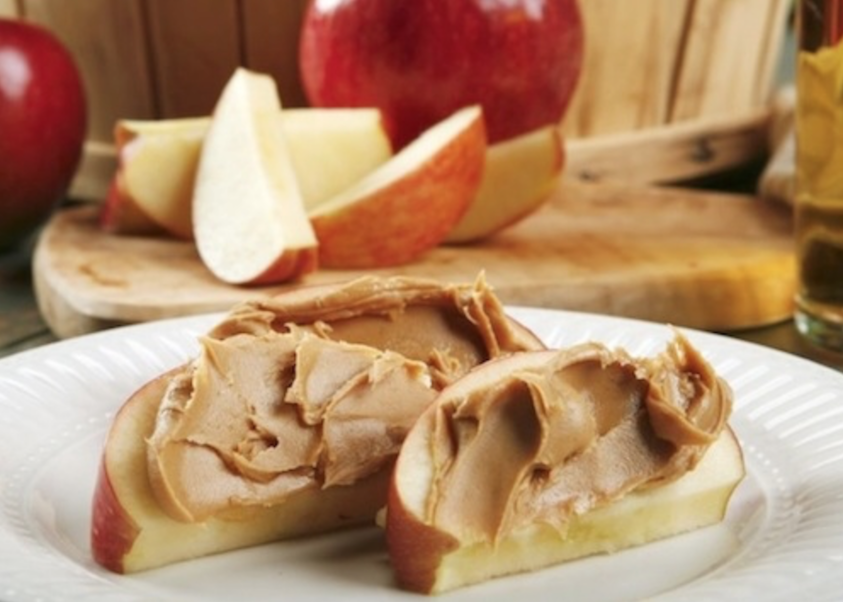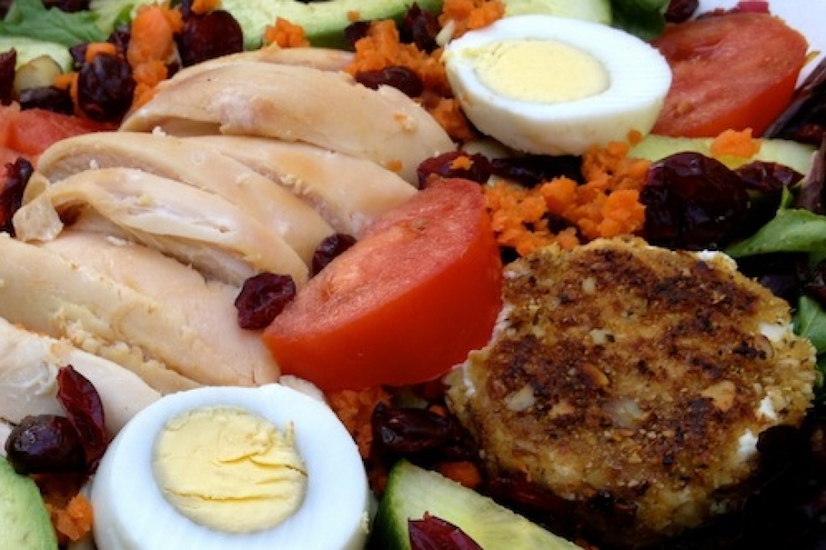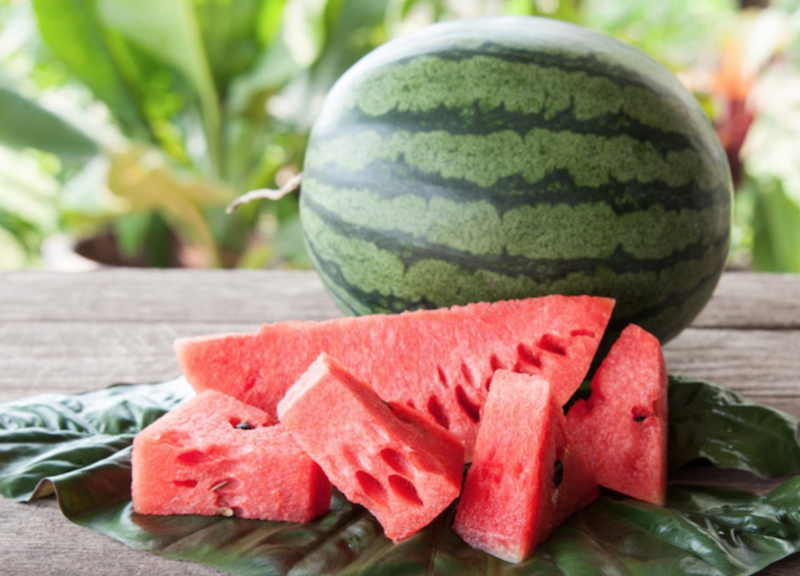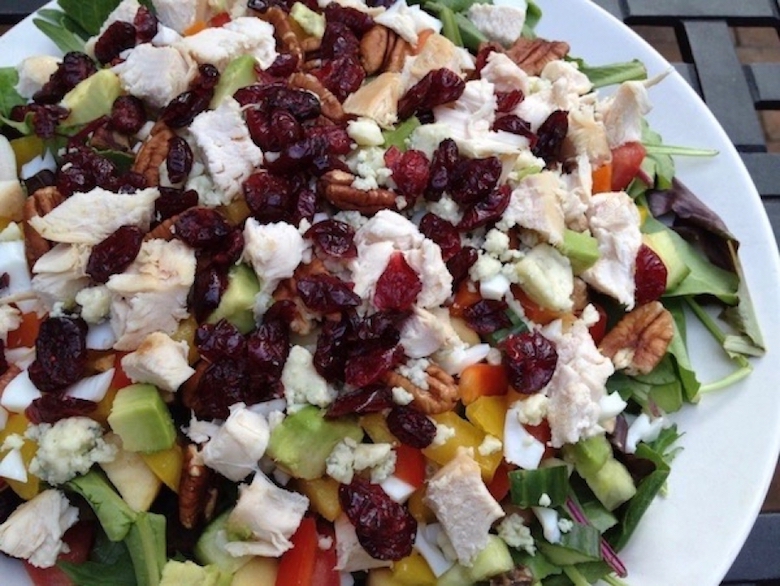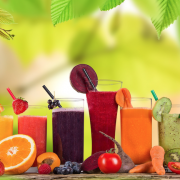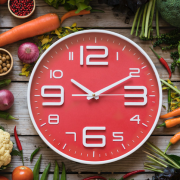If you’re a parent, I’m sure you’re always on the hunt for healthy kid’s snacks? With good reason too, as healthy foods in general give kids all the day-to-day energy they need and supply the vitamins, minerals and other essential nutrients that help their bodies and minds develop and mature. Since kids are constantly on the go with school and play, snack time is indeed one of the absolute best times to introduce healthy foods into their diets.
So, here I’ve compiled a list of ten quick and convenient snack options that can optimize physical growth, development and mental performance among children, adolescents and young teens alike.
1. Baby Carrots
Instead of chips, add baby carrots to your kid’s healthy snack list. Carrots contain exceptionally high levels of the powerful antioxidants vitamin C and beta-carotene, which the body naturally converts to the fat-soluble vitamin A. Kids (both young and old) require sufficient amounts of vitamin A for proper eye development and immune function. To ensure proper absorption of vitamin A, always include a fat-rich dipping option like ranch dressing or a high-quality nut butter.
Tip: For the picky eater, try Hidden Valley’s Glazed Baby Carrots recipe.
2. Edamame
Edamame is an incredibly nutritious, whole soy food source of dietary fiber, vitamin C, iron, magnesium, and protein. In and of itself, protein is a critical component of every youngster’s diet, as it’s needed to build and maintain strong bones, muscles, and joints. For the convenience of kids on the go, edamame can be purchased in convenient, snack-sized packs for easy snacking. Your kids will have a blast popping these little soybeans right from their pods into their mouths.
Related Article: Nutrition Basics: Your Daily Protein Intake
3. Apple Wedges
Whether unpeeled or peeled, apple wedges are a perfect sized on-the-go snack for kids. All apple varieties contain a type of fiber called pectin that greatly promotes good health and helps prevent the onset of chronic diseases in adulthood. The pectin in apples also keeps kids feeling fuller for longer periods of time, which helps prevent overeating. In addition to pectin, apples contain good amounts of vitamin C, especially when their skins are intact.
Related Article: How Different Types of Fiber Affect Your Health
4. Yogurt
All kids need adequate amounts of calcium and potassium every day and yogurt houses a rich supply of both. Collectively these minerals are important for heart, bone and muscle health. In addition to its high content of calcium and potassium, yogurt contains substantial amounts of protein, vitamin B12, and phosphorous. To reduce your child, adolescent or teen’s overall sugar intake, opt for nonfat Greek yogurt varieties as they are generally lower in sugar and higher in protein.
Related Article: Why I’ve Swapped Out Greek Yogurt for Icelandic Skyr
5. Spinach or Kale Chips
Leafy green vegetables like spinach and kale contain an abundance of important nutrients that promote optimal health among children, adolescents and young teens. Even better, they’re equally as nutritious when roasted or baked to crispy chips. In fact, spinach and kale chips contain large amounts of beta-carotene, vitamin C, and calcium, which collectively support bone health, boost immune system function, and increase overall energy levels among youngsters.
Tip: Try this recipe for the best baked kale chips you’ve ever had!
6. Hummus
Believe it or not, dietary fat is an extremely important component of a kid’s diet and hummus is an excellent source. Due to its unique blend of chickpeas, tahini (ground sesame seeds) and olive oil, a single serving delivers a rich supply of healthy monounsaturated fat along with substantial doses of protein and fiber. Hummus is also a good source of folate, vitamin C and iron, each of which is essential for growing children. Your kid’s can enjoy its savory flavor with fresh veggies or pita chips
Related Article: Good Fats Versus Bad Fats: What You Need to Know About Dietary Fat
7. Hardboiled Eggs
Hardboiled eggs are a quick and convenient source of high-quality protein and they’re packed full of countless micronutrients that kids need. While egg whites alone can be quite nutritious, egg yolks are a great source of most fat-soluble vitamins (A, D, and E), B-vitamins, and the micromineral selenium. Selenium is a potent antioxidant that’s especially important for children who are immunized, as it further helps protect them from preventable infections and diseases.
Related Article: Selenium: A Powerful Antioxidant You’ve Probably Never Heard Of
8. Tuna
Tuna is like fuel for healthy growth among children, adolescents and young teens, as it’s a potent natural source of vitamin D. A good supply of vitamin D is needed for proper absorption of dietary calcium and overall bone health. In addition to vitamin D, tuna is rich in high-quality protein, healthy fats (omega-3 fatty acids), B-vitamins as well as selenium. For on-the-go eating, kids can consume tuna right out of a can or snack pack. It also pairs well with whole grain crackers or bread.
Related Article: Vitamin D: Why You Need it and How to Get It
9. Plain Popcorn
Popcorn is an incredibly nutritious snacking option for children, adolescents, and young teens. In fact, it’s one of the only snack foods that are 100% whole grain, providing large quantities of fiber with trace amounts of vitamins and minerals. Plain or lightly salted air-popped popcorn is best. For the sake of convenience, bagged varieties like SkinnyPop, Indiana Kettlecorn, and Fit Popcorn make great snack choices and I have yet to see a kid who doesn’t love them.
Warning: The health benefits of snacking on popcorn do not apply to microwave popcorn, as the bags and artificial butter flavors contain synthetic chemicals that can be harmful to kids and adults.
10. Nut Butter
Nut butters like peanut, almond, and walnut butter are a valuable source of protein, healthy fats, and other key nutrients like magnesium. Magnesium is an essential mineral that’s especially important for active kids, as it enhances oxygen delivery to contracting muscles. The healthiest nut butters are minimally processed, all-natural, and free of added sugar. A couple of tablespoons a day is enough as all nut butters are extremely calorie rich.
Related Article: How to Create a Perfectly Healthy Peanut Butter and Jelly Sandwich
While implementing these and other wholesome snacks, as part of a healthy, well-balanced diet is a sure way to get children and adolescents on a path to healthy lives, it doesn’t stop there. It’s also important for kids to get adequate amounts of daily physical activity to reduce their risk of obesity and other diseases during both childhood and adulthood.

